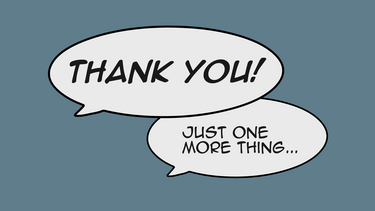Research
Buprenorphine Can Transform Treatment of Opioid Addiction, But It Isn’t Reaching Enough Patients
According to a new study co-authored by Yale SOM’s Marissa King, most patients aren’t staying on the drug long enough to get its benefit, and it isn’t reaching young people.

Machine Learning Model Extracts Insights from Customer Reviews
A new study co-authored by Yale SOM’s K. Sudhir uses natural-language analysis to learn from what customers are saying—and to infer meaning from what remains unsaid.

Study: Controlling COVID-19 Outbreaks in Residential Colleges Requires Frequent Testing
Using a computer model, the researchers found that weekly testing will keep outbreaks under control under relatively optimistic scenarios, but that testing every three days would be more reliable.

Does A Mutual Fund’s Past Performance Predict Its Future?
A classic 1997 paper on mutual fund performance doesn’t describe present-day markets, Yale SOM's James Choi found.

Online and Off, We Are Drawn Toward Those with Similar Writing Styles
Both online and in-person friendships are more likely to develop between people who have similar linguistic styles, according to a new study co-authored by Balázs Kovács at Yale SOM.

We’re More Likely to Stick to Decisions Rooted in Emotions
Should you trust your gut? A new study co-authored by Yale SOM’s Taly Reich finds that decisions made on the basis of feelings hold up longer in the face of new information than decisions made deliberately and rationally.

Facebook’s Dominance Is Built on Anti-Competitive Behavior
In a new paper, Yale SOM’s Fiona Scott Morton writes that the company took control of the social media industry by misleading consumers and buying up rivals.

Why Did the Stock Market Bounce Back While COVID-19 Cases Kept Rising?
According to preliminary research by Yale SOM’s Peter Schott and his co-authors, investors may be adjusting prices based on whether previous predictions of total infections seemed overly optimistic or pessimistic.

Study Examines Spread of COVID-19 among Rohingya Refugees in Bangladesh
Yale SOM’s Mushfiq Mobarak and his co-authors investigated the prevalence of the disease in the crowded refugee camps and offered recommendations to slow its spread.

When Charitable Organizations Thank Donors, Should They Ask for More?
For charitable organizations that rely on donors for financial support, there is a delicate art to asking for gifts and expressing gratitude.
